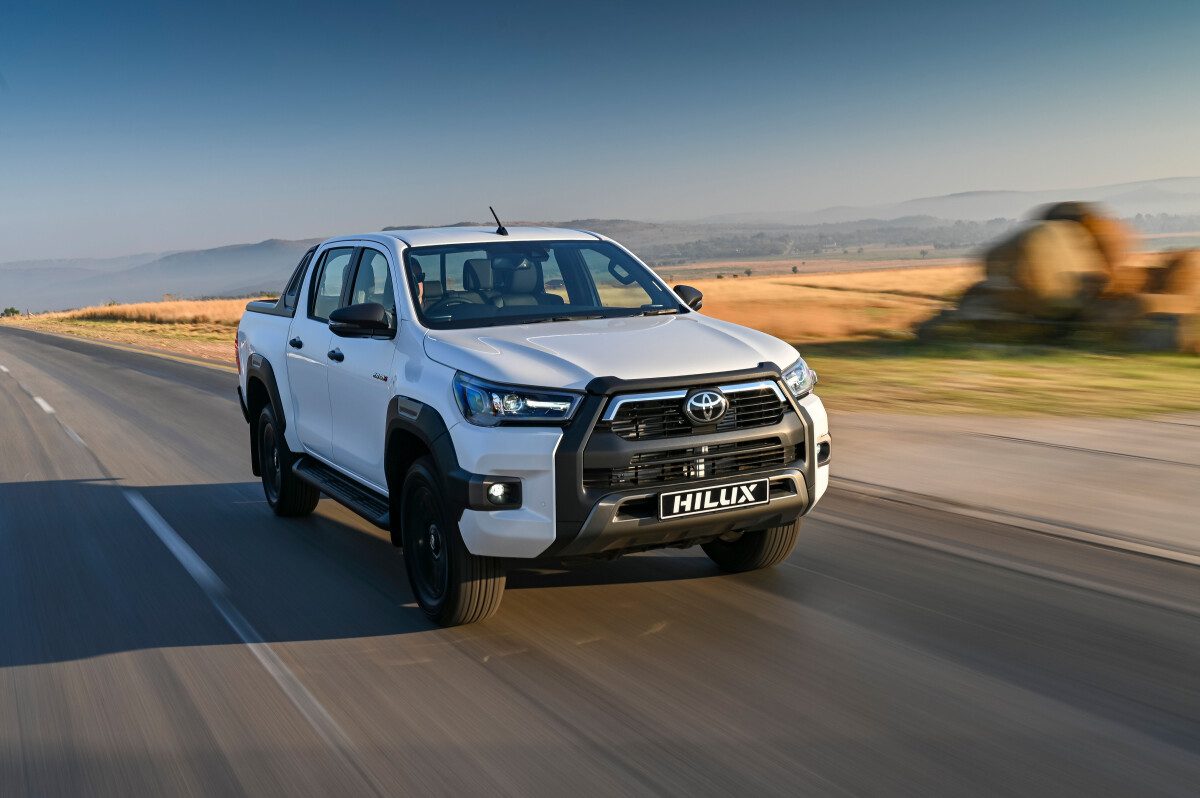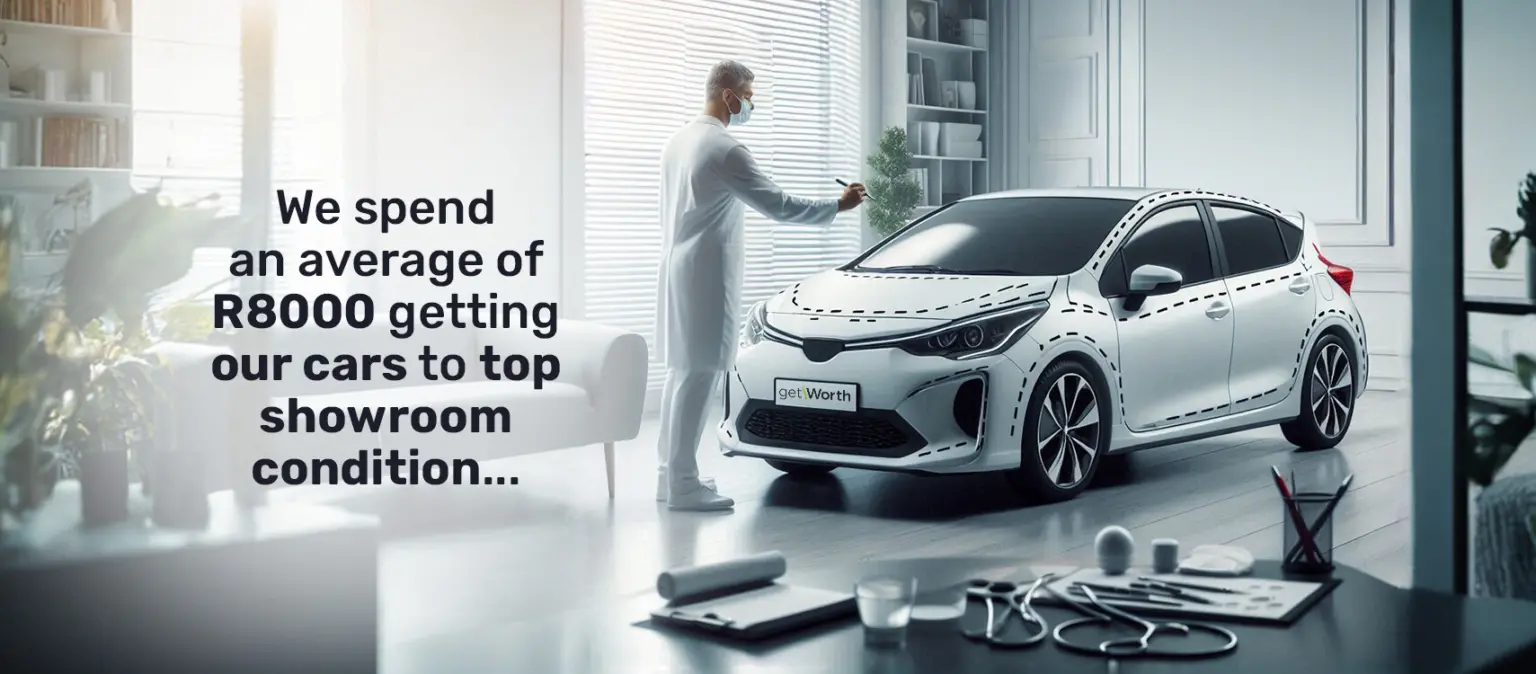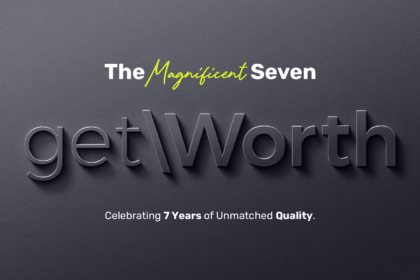When purchasing a used car, it’s crucial to steer clear of major red flags like a shady accident history or severe damage. However, Lucy Williams, Reconditioning and Logistics manager at getWorth, emphasizes the importance of paying attention to smaller details that could significantly sway your cost of ownership or resale value.
According to Williams, cosmetic conditions often go overlooked and can be costly. “Even though we are very careful about what comes in the door, GetWorth spends on average R8,800 to recondition a car to showroom standard. Some will go up to R30,000 or more. When you’re comparing similar vehicles, the condition of the vehicle makes a big difference to the value.” she advises.
Here’s a breakdown of common, yet critical, areas to scrutinise:
- Tyres: They are always costly, and even more so with features like low profile, run-flat or off-road capabilities or large sizes. It’s essential to check both the condition of the tyres and their tread depth.
- Brakes: A vehicle’s brakes are crucial for road safety. When buying a car, check the brakes thoroughly. Listen for any unusual noises like squeaks or grinds, these could indicate worn brake pads or other issues that need attention.
- Wheel Rims: Minor scratches on alloy wheels can be inexpensively repaired, but the cost rises dramatically for diamond-cut rims.
- Windshields: A cracked windshield, especially if it’s in front of the driver, can mean your car isn’t roadworthy. Additionally, modern vehicles often have sensors and cameras attached to the windshield for features, making replacements pricey.
- Front Bumpers: Often damaged by stone chips, front bumpers with modern, complex shapes can be pricey to respray. Textured surfaces might even need a full replacement.
- Bodywork: Costs for repairing dents and scratches vary. A simple dent pull might be affordable, but scratches near panel edges or dents on curves are more challenging and expensive to fix.
Williams also highlights that a car’s age and how much it’s been driven matter. Newer, low-mileage cars should look great, but older, high-mileage ones can be expected to bear more signs of use. “For example, getWorth categorizes its cars into classes to set clear expectations for reconditioning standards. A Platinum Class vehicle should be in near-mint condition, whereas a Silver Class car with higher mileage might be expected to show some signs of wear.”
Williams also warns against cars sold without roadworthy certificates. “A roadworthy certificate at least gives some comfort of a minimum legal safety standard. The tyres aren’t worn smooth, the brakes aren’t entirely shot. It’s certainly not a seal of quality or condition, but if your seller doesn’t even certify roadworthiness, you need to tread very carefully.”
Williams concludes, “Take your time when examining a used car. If you’re buying from a dealer, take note of the general condition of the cars on the floor, which are an indication of their standards. Buy from someone you can trust to have done the groundwork. Who you are buying from is almost as important as what you are buying.”
By heeding these insider tips, you not only safeguard your investment but also ensure your journey in your new (old) car is smooth and satisfying. Remember, in the realm of used cars, the small details can make a big financial difference.
For more information visit www.getworth.co.za or call (087) 633-0130 or email info@getworth.co.za











